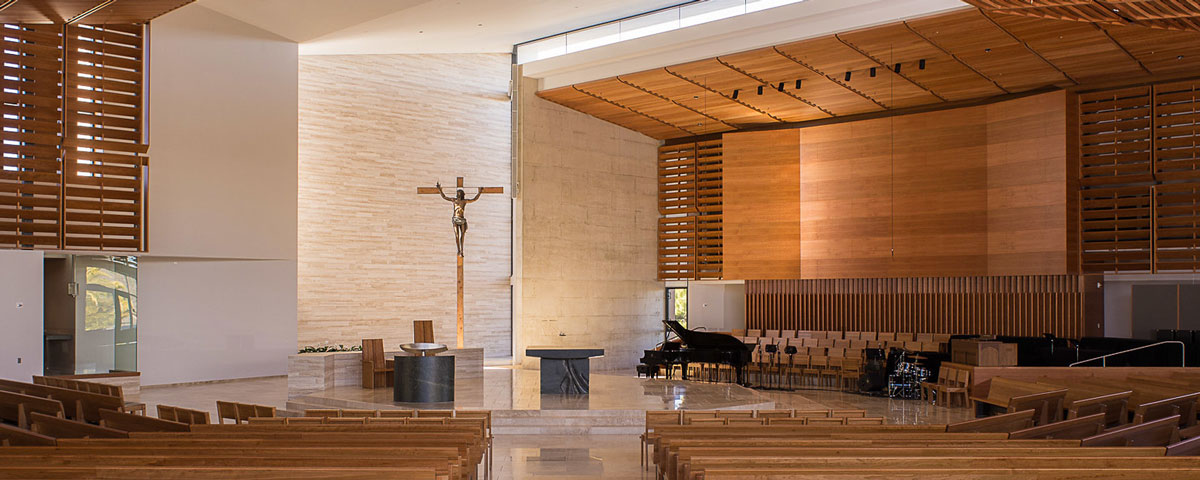Recently, a friend of mine went to the Post Office to buy stamps. He said, “I would like some religious Christmas stamps.” The clerk queried, “Oh, do you want Hanukkah or Kwanzaa stamps?” A bit dumb-founded, my friend asked again, “I want religious Christmas stamps!” The clerk then responded, “Oh, so you want Christian Christmas stamps. You want the Madonna and child.” Exasperated, my friend simply said, “Yes,” bought his stamps and went home.
This conversation is humorous, and it displays a delightful ignorance on the part of the clerk, but it also reflects a misunderstanding, that is, I believe, commonplace in our culture today.
Christmas has become “The Holiday Season,” the time between Thanksgiving and New Year’s Day. Now devoid of most of its religious roots and meaning, it has become a time for celebration, good will, and commitment to family and community.
Celebrating “The Holiday Season” is a good thing, not a bad thing! It strengthens us as a people and creates a desire to reach out to one another in care and concern. It also creates a neutral umbrella under which people of all faiths and people with no faith can come together and mutually celebrate the strengthening of our community and society.
But as we do so, we should not remain ignorant, or not share the proper meanings, for fear of offending others, of the various feasts that we celebrate.
We need to be aware that the roots of “The Holiday Season” are Christian. Christians are celebrating the Feast of the Incarnation, the birth of the Christ, the Messiah, who came in the person of Jesus of Nazareth some 2,000 years ago. Christians believe that God became flesh in the person of Jesus. That is the origin and reason for this time that so many Americans now simply call “The Holiday Season.”
The Christmas Season, for Christians, begins on December 25 and continues through the Feast of Epiphany on January 6. It is from this celebration that comes the song “The Twelve Days of Christmas.”
So in our “Holiday Season,” one feast we celebrate is the Christian Feast of Christmas.
Also in this “Holiday Season,” the Jewish Feast of Hanukkah takes place. Hanukkah is an eight-day celebration also called “The Festival of Lights.” This feast celebrates the rededication of the Temple in Jerusalem in 165 BC. This year Hanukkah begins on December 12 and ends on December 20.
Hanukkah is not a Christmas Celebration. It is a Jewish Feast that falls within the cycle of what we Americans call “The Holiday Season.”
Kwanzaa is a Pan-African celebration of family, community, and culture. This celebration, that has its roots in the first harvest celebrations of Africa, begins on December 26 and continues through January 1.
Kwanzaa is not a Christmas Celebration. It is becoming an ever more popular celebration that takes place in “The Holiday Season.”
Celebration of faith, family, community, and culture is good! In “The Holiday Season,” we Americans celebrate the Jewish Feast of Hanukkah, the Christian Feast of Christmas, and the Pan-African Feast of Kwanzaa. May we enjoy this diversity and celebrate with each other, rather than claiming the Season for ourselves—for one specific faith or culture. But to honestly celebrate, let us know what we celebrate and why!



